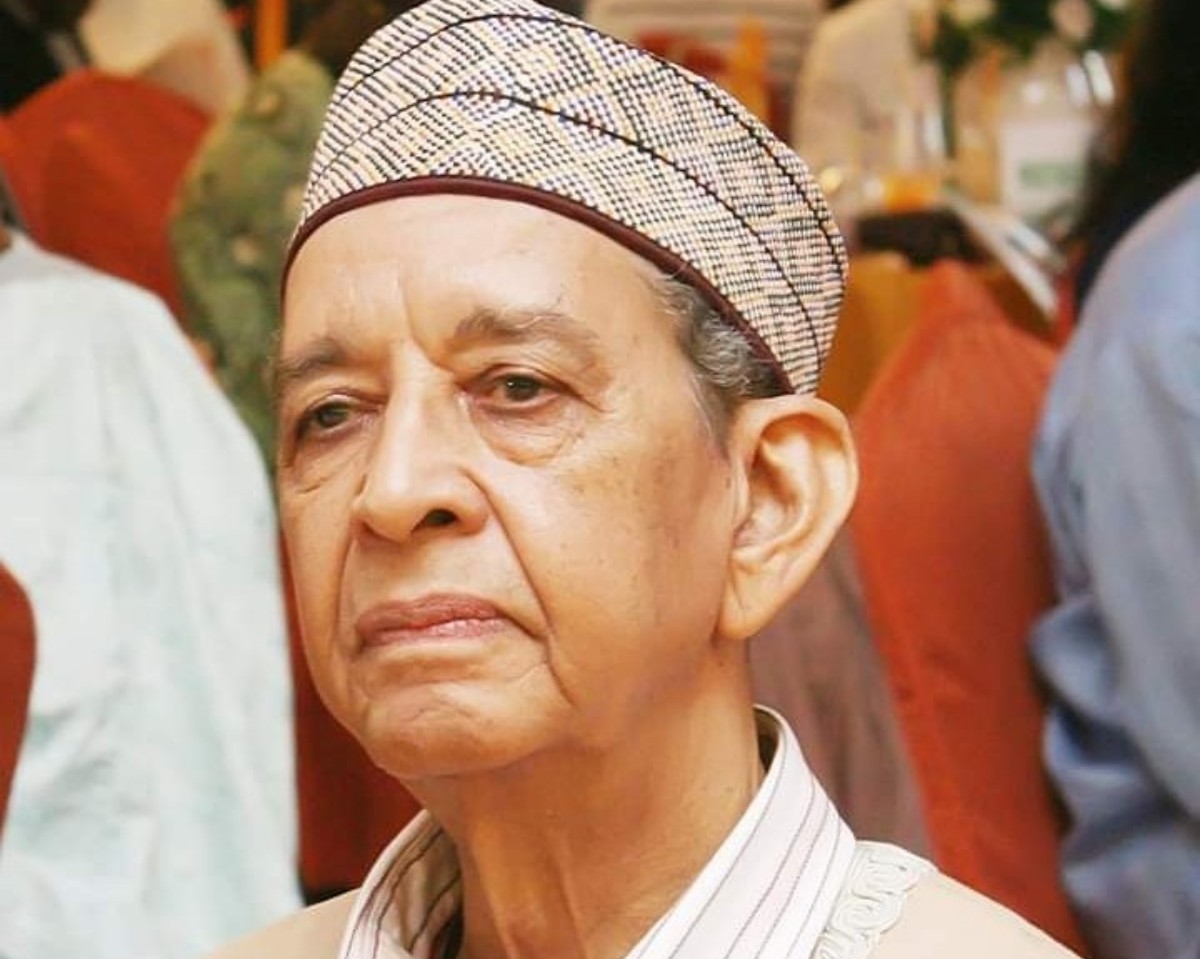Professor Umaru Shehu, the celebrated physician and public health expert, whose death was announced last week, at the venerable age of 93, is the last of the Titans, the pioneering technocrats who were destined to take over the Nigerian public service at independence. I have a good recollection of some of them who returned to live in Maiduguri, in the 1980s, after a life of active service elsewhere. Most of them were the first university graduates in their various fields in the entire North or the country, and they were the first to hold this or that office.
I used to run into them in Dr Musa Goni’s house, their hub, in the GRA, where they would gather in the afternoons, reclining on his cane chairs on the terrace of his rambling building, reading the odd newspaper and magazine and catching up on local and national events.
Dr Goni holds the honour of being the second on the list of the Veterinary Council of Nigeria and was the first indigenous Director of Vom Veterinary Research Institute. Among them, you’d regularly find Tata Askira, one of the first engineers and a pioneer General Manager of NEPA. There would also be Dr Bukar Shuaib, who holds the distinction of being the first in the list of the Veterinary Council of Nigeria. Dr Shuaib was also among the first six indigenous Permanent Secretaries appointed by Sardauna Ahmadu Bello, the Premier of the Northern Region in 1962. Of course, Dr Shuaib went on to become a federal permanent secretary, an ambassador to FAO, a National Security Adviser and a Minister of the Federal Republic.
Occasionally, AJKG Imam, the younger sibling to Dr Goni, would also be among them. Kalli Imam was the first in the North to hold a degree in forestry and the first indigenous Northern Nigerian Chief Conservator of Forest. He was among the first set of permanent secretaries in the North Eastern State and when he retired 10 years later replaced Musa Daggash as the second General Manager of CBDA in 1978. Sometimes Ambassador Bukar Kolo, the first indigenous Chief Passport Officer of the Federation, would also be there. Prof Umaru Shehu would be ubiquitous among them, always nattily dressed in his usual simple Kaftan.
- Israel-Palestine conflict: How attacks on al-Aqsa mosque, others triggered crisis
- 4 FCT teachers recognised for impact on students
Many in this group were the first set of Borno citizens to step into universities. The first set could only go as far as the Katsina Teachers College, the highest institution in the North, established in 1922. The first set that included Sir Kashim Ibrahim, the first indigenous Governor of the Northern Region, Muhammadu Ngileruma and Zanna Bukar Dipcharima who later became both federal ministers, could not go any further because they were badly needed back in Borno as teachers in the expanding educational system.
Professor Umaru Shehu was born on 13/8/1933. He grew up in the same household with Kalli Imam and Musa Goni among many others under the tutelage of their uncle, Shehu Ajiram, who was the iconic headmaster of the Borno Middle School. They were strictly mentored and passed their exams to Kaduna College (later renamed Barewa), then the only higher institution in the North. The college was transiting in Kaduna, from Katsina, during the 2nd World War, before moving to Zaria.
Umaru Shehu was a gregarious student who made friends easily at college among whom were his classmates, the Emir of Kano Ado Bayero, Dan Masanin Kano Maitama Sule and Waziri Ibrahim who all became lifelong close associates.
He was a brilliant student and at graduation from Kaduna College easily found a place in the newly established University College of Ibadan in 1948 to read Medicine, which he completed at the University of Liverpool UK between 1953-1956 earning his medical degree from the University of London. With the dearth of indigenous medical officers in the Northern Region of the time – only RAB Dikko and Ishaya Audu were available – Umaru Shehu was immediately deployed to the field. He served in many hospitals in various capacities and joined ABU Zaria as an Associate Professor in 1968.
It was at ABU that Umaru finally found his niche, blossoming as an academic who came to be highly regarded in his field of community medicine, both within and outside the country. He was a colossus at ABU holding a variety of posts in its strata: Professor, Dean of the Faculty of Medicine, Director of the Institute of Health. The high point was his appointment as Vice-Chancellor of the University of Nigeria, Nsukka in 1978 – the only northerner that had that privilege in the annals of UNN. He had been a part-time consultant with the World Health Organization (WHO) for many years and got to finally join them full-time after completing his tenure in Nsukka.
It was thereafter that Professor Umaru Shehu relocated to the University of Maiduguri where he made his base for all subsequent engagements. It became another phase of his eventful life. He served as the Provost of the College of Medical Sciences and for a short while was the sole administrator of the university.
Professor Umaru Shehu was a consummate professional who had a hand in every pie of the government’s efforts to eradicate most of the mendacious communicable diseases over the years.
Professor Umaru Shehu is survived by his wife Tuha, his son Mahmoud and twins Musa and Hassana.

 Join Daily Trust WhatsApp Community For Quick Access To News and Happenings Around You.
Join Daily Trust WhatsApp Community For Quick Access To News and Happenings Around You.
